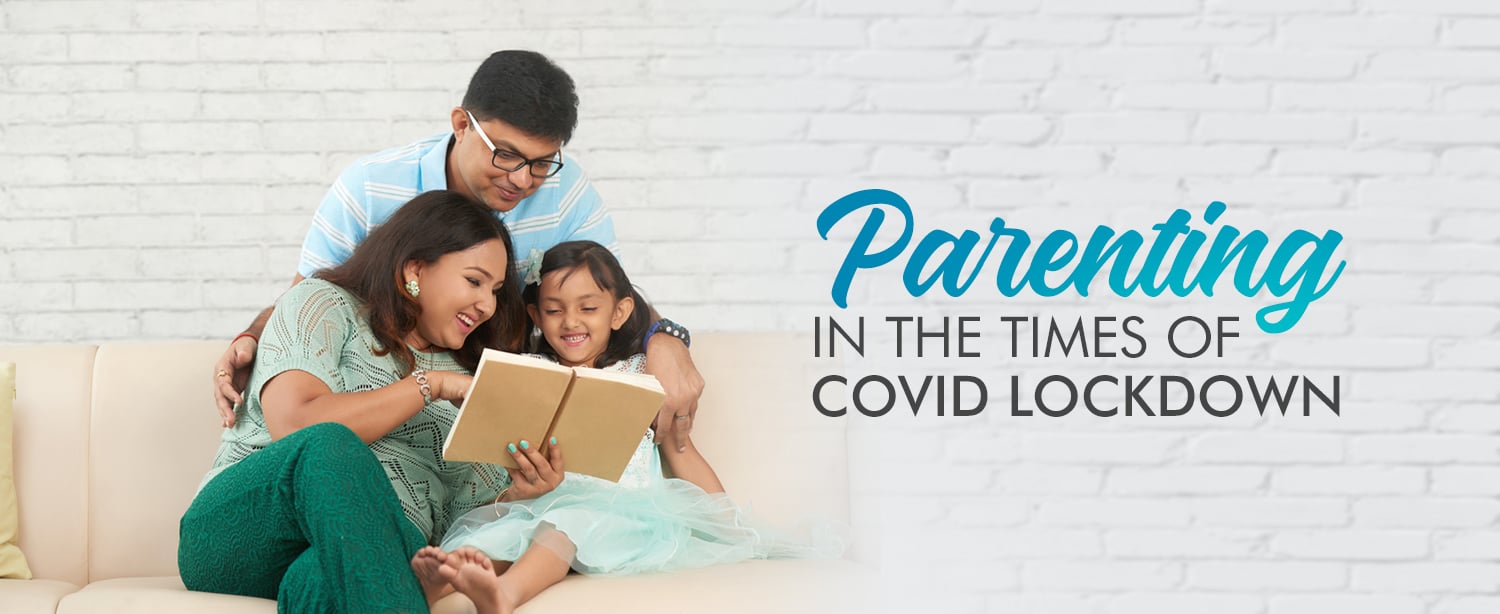With the nation-wide lockdown firmly in place, families are struggling with having their children at home all day. Happily, for many, school exams are cancelled and the pressure to study has been taken away for now. Yet for some the spectre of summer exams still looms.
Here are a few important things to remember now, and to take with you for the future.
- IMPACT OF SOCIAL MEDIA – Parenting during these times has taken on a whole new meaning with 24×7 access to social media. A barrage of WhatsApp messages telling of websites and apps that will not only keep your child busy but will also energise his/her brain on holiday. For parents who are already struggling to keep children busy, are these forwards helping? Maybe, maybe not.
- DISCIPLINE – For a child, some things should be non-negotiable e.g. food timings, study schedules, daily exercise, and proper behaviour. Let the child figure out the rest. Rigid formats can be a wet blanket. Not everything gets done every day, but let the child decide the schedules and how to get each of the activities done, based upon their preference.
- COMPASSION – Allow your children to use this time to explore as they please. This could be a golden period that they might never get again. Don’t be very strict about all the rules, all the time, about what they should do through the day.
- DO THINGS FUN – Then there are the things you can do together for fun, like cooking, playing video games or indoor board games. Reading out stories to them, if the children are very small, is also a good way of spending time with them
- SOCIAL RESPONSIBILITY – Teach them about social responsibility, by telling them, that we are staying home for the good of the nation and its people, and not just our loved ones.
- DO NOT COMPARE – We expect too much of ourselves – cut yourself some slack. Don’t constantly compare yourself or your child to others. No one is a perfect parent!
- TURN OFF THE CONSTANT ADVICE – ignore advice that doesn’t sit right with you, or that you simply don’t have the energy to follow! Do what you think is best for you.
- ALLOW THE CHILDREN TO GUIDE YOU –Allow children to be happy in their own way. Ask your child what they need to feel happy. Letting your children being a part of some of your decisions lets them know that what they think and feel matters to you. Seeing the children happy is one of the best feelings in the world!
- TAKE CARE OF YOURSELF FIRST – If you don’t take care of yourself, you can’t look after anyone else. The same is true now, and always. Your emotional reserve needs to be functioning at its highest level so you can be there for your children when they really need you. Taking time out for yourself in order to avoid over-committing and over-extending is also a really good habit to demonstrate to your children. Children learn from not only what the parents say, but also by watching what they do. Happy Healthy Parents make Happy Healthy Children.
- WELCOME THE NEW GENERATION – Generation Z is the post-Millennial generation defined as those born at or after the turn of this century. It should definitely be easier for Generation Z to stay indoors and be connected via the virtual world than the previous generations. Generation Z is different from previous generations in that they are more global and diverse. They have countless platforms and channels where Generation Z can connect and contribute. Humanity has always looked to its youth for innovation, but today it’s happening faster and more frequent than ever before. As technology and connectivity rapidly evolves, so will the emerging generations.
-This blog is written by Dr. Shaunak Ajinkya, Consultant, Psychiatrist at Kokilaben Dhirubhai Ambani Hospital. Read his entire profile at: https://www.kokilabenhospital.com/professionals/shaunakajinkya.html


